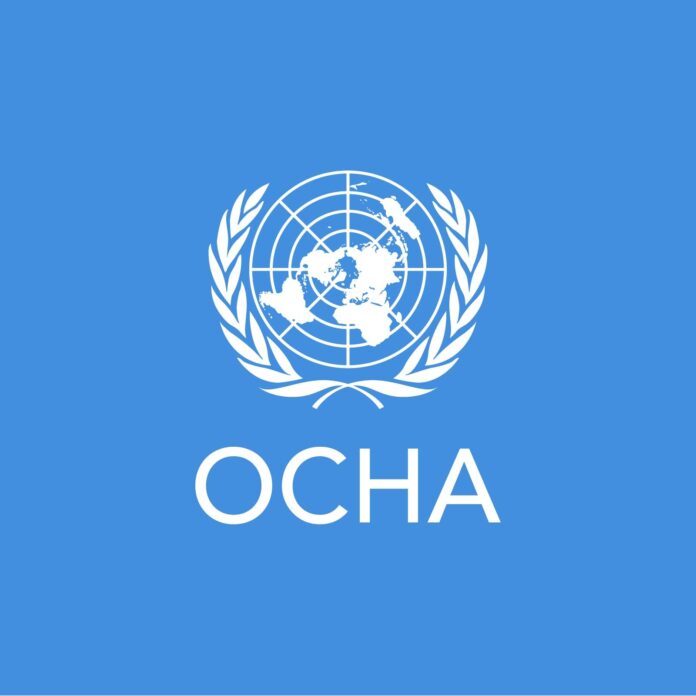UNITED NATIONS, Mar 29 (APP): Israel’s genocidal war in Gaza, including strikes on populated areas in which civilians have been killed, “bear the hallmarks” of atrocities, the United Nations’ aid agency says, pointing out that the humanitarian situation has reached a new low following the collapse of the ceasefire deal.
“The acts of war that we see bear the hallmarks of atrocity crimes,” Jens Laerke, spokesperson for the UN aid coordination office, OCHA, told a UN briefing in Geneva. “It has been 10 days of witnessing … a callous disregard for human life and dignity.”
Laerke described a worsening toll on civilians, saying: “Hospitals are once again battlegrounds. Patients killed in their beds. Ambulances shot at and first responders killed,” he said, adding that “hundreds of children and other civilians have been killed in Israeli air strikes.”
More than 142,000 people have been displaced in recent days, many for the second or third time. “With no safe place to go to and no means to survive,” Laerke said, adding that displacement orders now cover 18 per cent of Gaza’s territory and “it is growing by the day.”
About the humanitarian access, which has been cut off entirely, he said the progress that was made during the ceasefire has been reversed.
“We are back to where we were before – just this time, it’s worse because of the complete shutdown of entry of supplies,” he stressed.
“Nothing can justify the collective punishment of the Palestinian people,” Laerke added.
“International law is clear … yet the alerts that we issue in report after report reveal an utter lack of respect for the most basic principles of humanity.”
According to the World Food Program’s (WFP) latest operational update, the agency has about 5,700 tonnes of food stocks left in Gaza, enough to support its operations for two weeks at most, Laerke said.
WFP and its partners from the food security sector have positioned more than 85,000 tonnes of food commodities outside Gaza, ready to be brought in if border crossings are opened, the update noted.
The agency underlined that it needs 30,000 tonnes of food per month to meet the basic needs of around 1.1 million people in the besieged Strip, half of the enclave’s population.
It also drew attention to the soaring food prices in Gaza, noting that the price of a 25-kilogramme (55-pound) bag of wheat flour sells for up to $50 – a 400 per cent increase compared to prices before 18 March, when Israel relaunched to its bombing campaign across Gaza.
Meanwhile, it added that cooking gas prices have increased by 300 per cent compared to February.
Briefing about the “disastrous consequences” for women and girls following the end of a tenuous ceasefire, the UN Women special representative in Palestine said that women and children bear “the highest burden” of Israel’s war.
“Every single day from the 18 to 25 March, an average of 21 women and over 40 children are killed,” Maryse Guimond said.
They comprise “nearly 60% of the recent casualties, a harrowing testament to the indiscriminate nature of this violence,” she said.
The Israeli army launched a surprise aerial campaign on the Gaza Strip on 18 March, killing 855 people, injuring nearly 1,900 others and shattering the January ceasefire and prisoner exchange agreement.
More than 50,200 Palestinians have been killed, mostly women and children, and over 113,900 injured in a brutal Israeli military onslaught on Gaza since October 2023.
APP/ift

